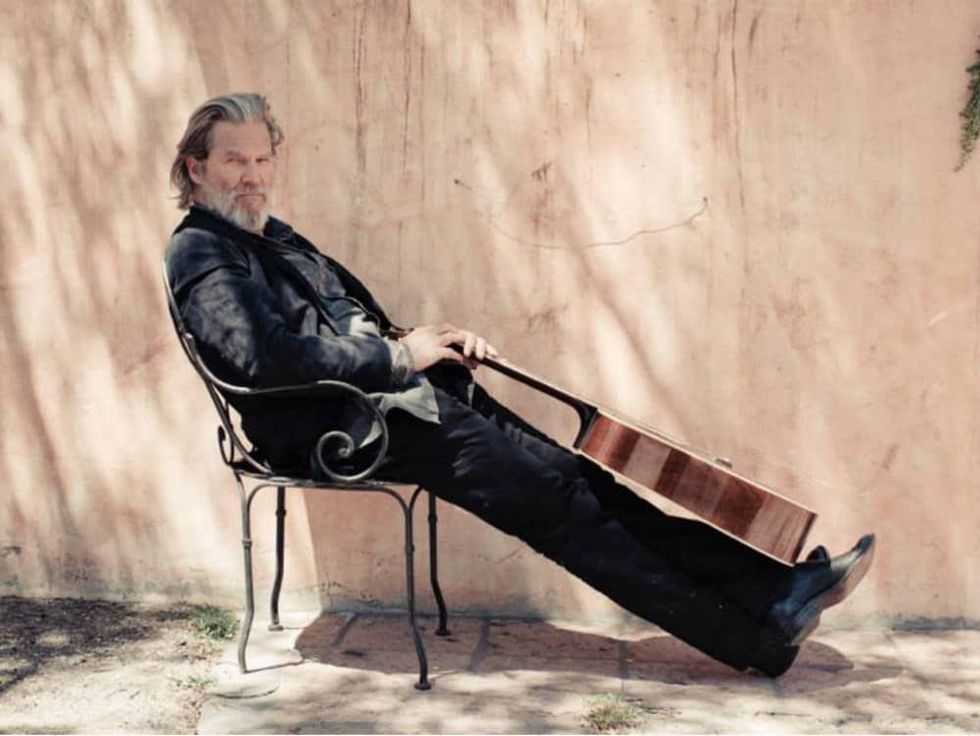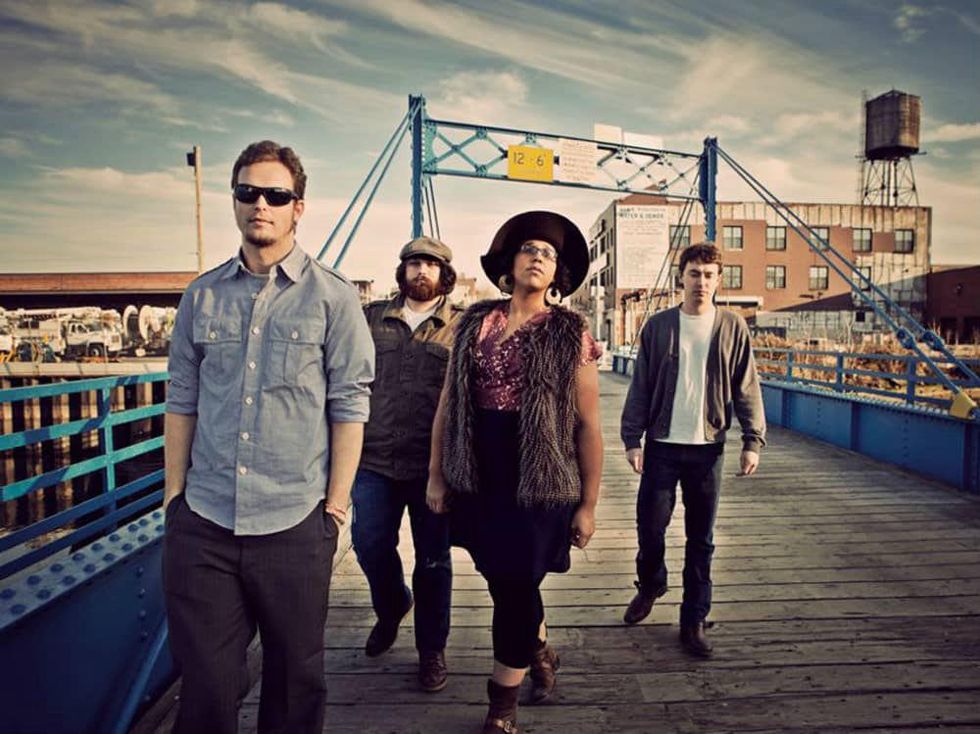All-Star Benefit
Austin City Limits celebrates 40 years with star-studded benefit concert
Big milestones call for big celebrations — and often more than one. Such is the case for Austin City Limits, which is now commemorating its 40th year of programming.
It all started earlier this year with the announcement of the inaugural inductees of the Austin City Limits Hall of Fame. That announcement was followed by a star-studded event featuring Willie Nelson at Studio 6A in April.
And the party's still going strong. This past week, the show announced another all-star blowout to honor its legacy. The benefit concert, Austin City Limits Celebrates 40 Years, takes place on June 26 at ACL Live at the Moody Theater in Austin, offering attendees a colorful look at some of the show's most memorable performances.
Legendary acts such as Kris Kristofferson, Bonnie Raitt and Robert Earl Keen take the stage alongside contemporary favorites like Alabama Shakes and Gary Clark Jr. Hosts are Jeff Bridges and Sheryl Crow, who are also scheduled to perform.
Part of a two-hour primetime special, the concert airs October 3, but you don't have to wait until the fall to see it. Tickets start at $75 per person and benefit Austin's KLRU-TV.




 Figure skater Mariah Bell. Getty Images
Figure skater Mariah Bell. Getty Images